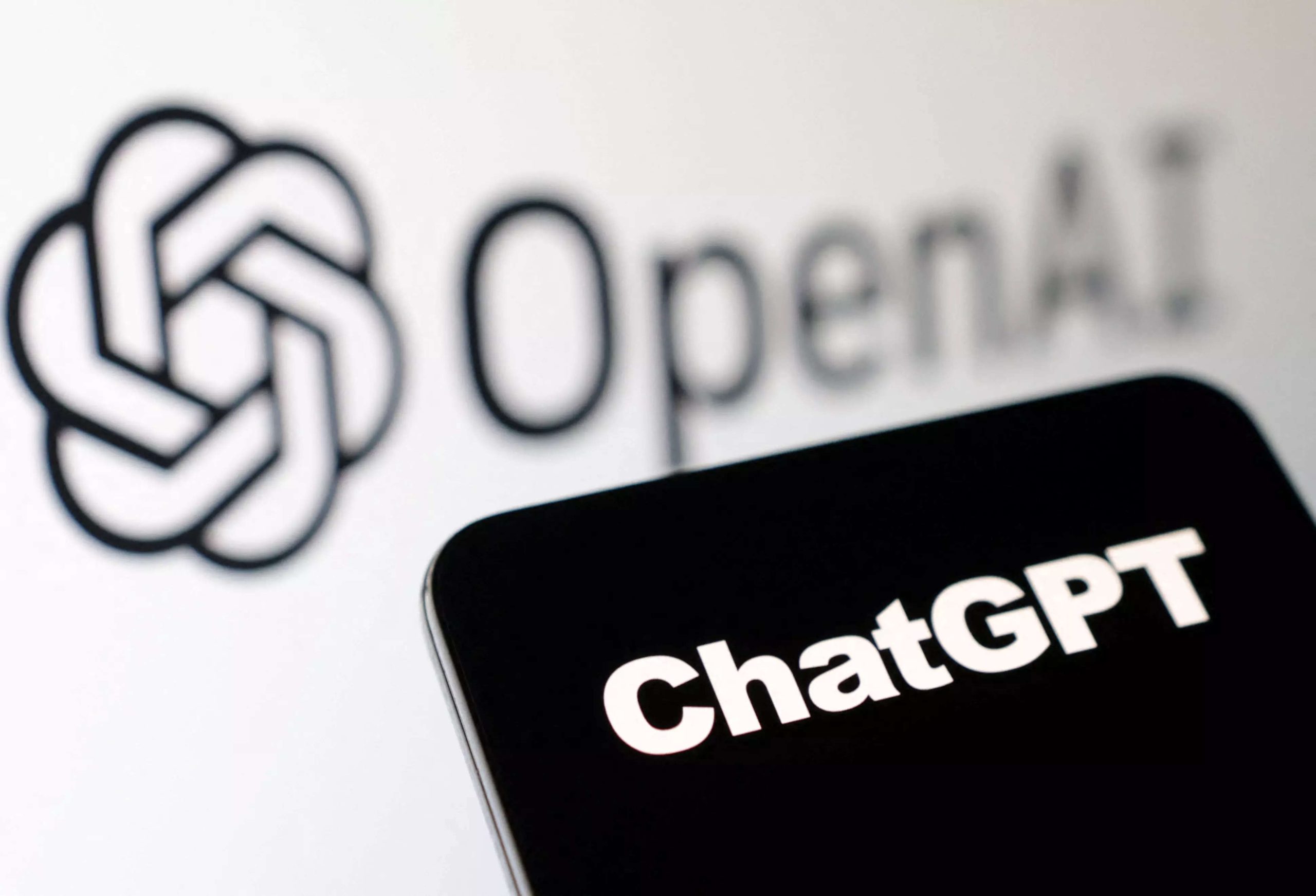By training a GPT on your compositions or favorite musical pieces, you can receive suggestions for melodies, harmonies, or even entire songs that align with your unique musical style. The potential applications of custom GPTs extend beyond individual artists and writers. They can be utilized by creative agencies to generate content ideas for marketing campaigns or assist in the development of new products. The ability to tap into an AI model that understands their brand’s voice and aesthetic is invaluable for businesses looking to stand out in today’s crowded marketplace. However, it is important to note that while custom GPTs offer immense potential for creative expression, they are not meant to replace human creativity but rather enhance it. These AI models serve as tools and sources of inspiration, providing fresh perspectives and ideas that may have otherwise remained unexplored. One such breakthrough is the development of custom GPT (Generative Pre-trained Transformer) models that are tailored to specific domains or industries.
This innovation holds great promise for various applications, from customer service chatbots to content generation and even virtual assistants. GPT models have gained popularity due to their ability to generate human-like text based on given prompts. However, generic GPT models often lack domain-specific knowledge and may produce inaccurate or irrelevant responses when applied outside their training data. This limitation led researchers and developers Custom gpt4 to explore the potential of creating tailor-made versions of these models. Custom GPT technology involves fine-tuning pre-existing language models with domain-specific data. By training the model on relevant texts from a particular industry or field, it becomes more adept at understanding context and generating accurate responses within that domain. For instance, a custom GPT model trained on medical literature can provide more precise answers related to healthcare queries compared to a general-purpose model. One area where custom GPT technology shows immense promise is customer service chatbots.
Traditional chatbots often struggle with understanding complex user queries or providing personalized responses beyond predefined scripts. With tailor-made talk capabilities powered by custom GPTs, chatbots can better comprehend nuanced questions and offer more accurate solutions based on specific business requirements. Content generation is another application that benefits greatly from customized language models. Whether it’s writing product descriptions for e-commerce websites or generating news articles for media outlets, having an AI-powered writer capable of producing high-quality content saves time and resources while maintaining consistency across different pieces. Virtual assistants are also poised to benefit from this advancement in NLP technology. By integrating custom GPTs into virtual assistant platforms like Siri or Alexa, users can experience enhanced conversational interactions tailored specifically for their needs – be it scheduling appointments, answering queries, or even engaging in casual conversations. However, there are challenges associated with custom GPT technology.




